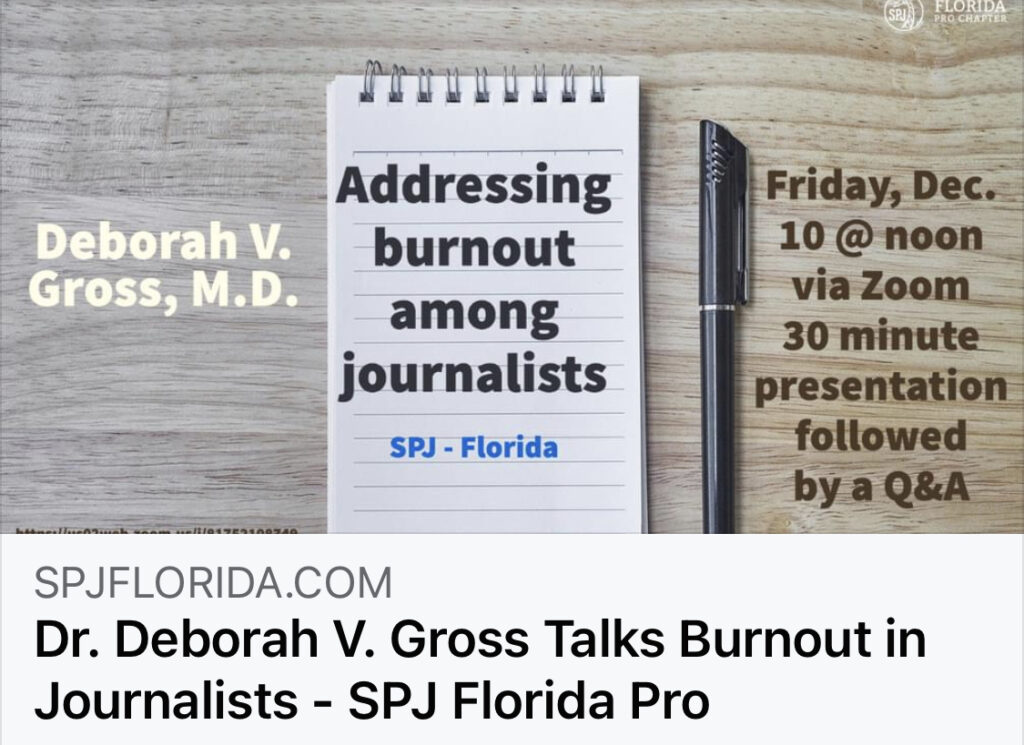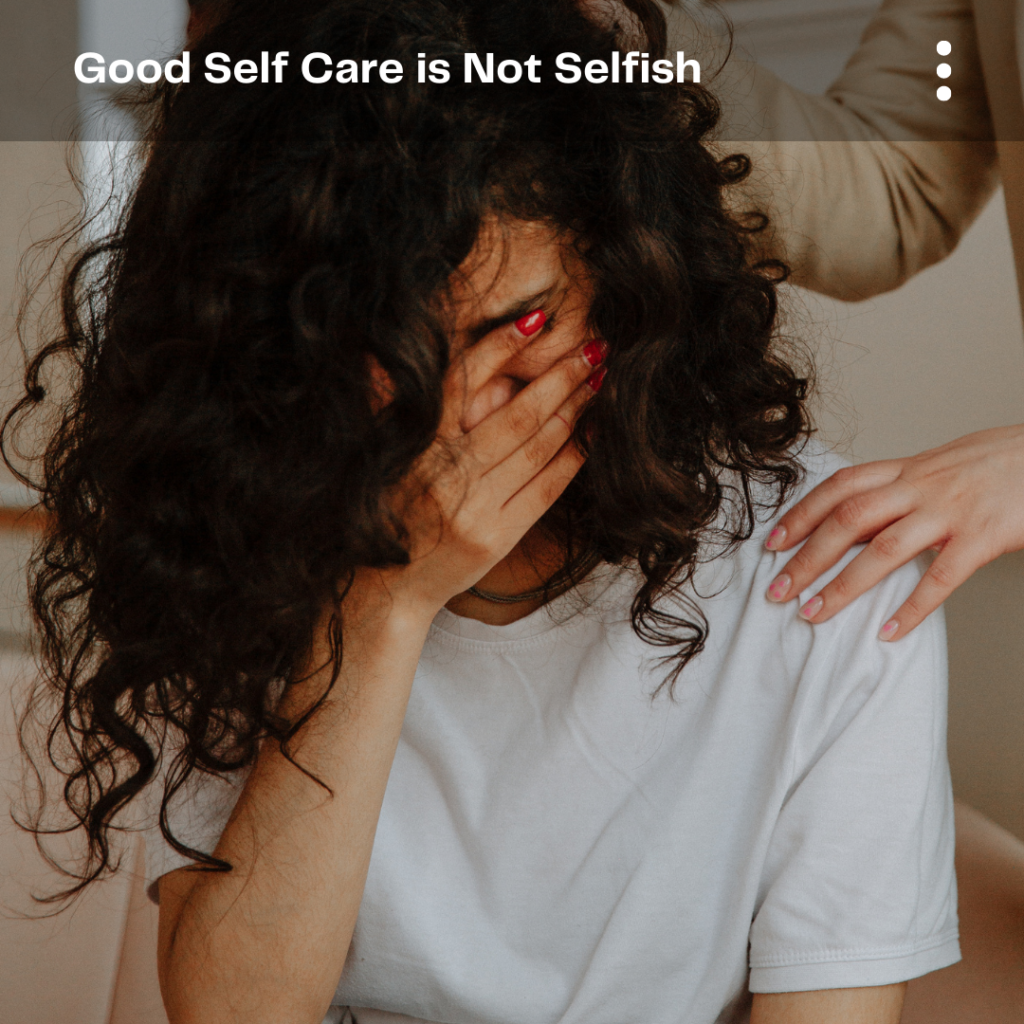
Naloxone, a medication known for reversing overdoses, is widely used by healthcare professionals and emergency care responders. The opioid overdose crisis continues to affect the lives of millions of Americans and many have experienced the life-saving effect of Naloxone.
Recently, Dr. Scott Weiner, an emergency physician at Brigham and Women’s Hospital, conducted a study of 12,000 Naloxone dosages given in ambulances. He found that 93.5% of patients given Naloxone survived the overdose, yet approximately 35% of these patients died within a year later of opioid overdoses. This means a patient who receives Naloxone and successfully recovers from their overdose has a 1 in 10 chance of not living through the next year.
What we know from the above study is that Naloxone is effectively saving lives; however, there is a deeper problem that must also be addressed in order for patients to live long lives of recovery. It is vital that people who recover from an overdose become involved in treatment as soon as they are released from emergency care.
The healthcare industry can utilize data from studies like these to better understand the importance of informing patients the vital need they have to take the next steps to ensure they fully recover. Many emergency departments are making strides towards this in either having an addiction and dependency specialist available for patients or by partnering with nearby treatment centers. It is important for the patient and their loved ones to know that scientific evidence shows that medication-assisted treatment (MAT) coupled with behavioral counseling is the best treatment model for opioid addiction today.
At Pathway Healthcare, we offer our custom standards, MAT Plus ™, which gives each patient highly effective medication-assisted treatment and top of the line counseling in a caring and supportive environment. If you or someone you care about is struggling with opioid addiction or dependency, we can help. Contact us today.



